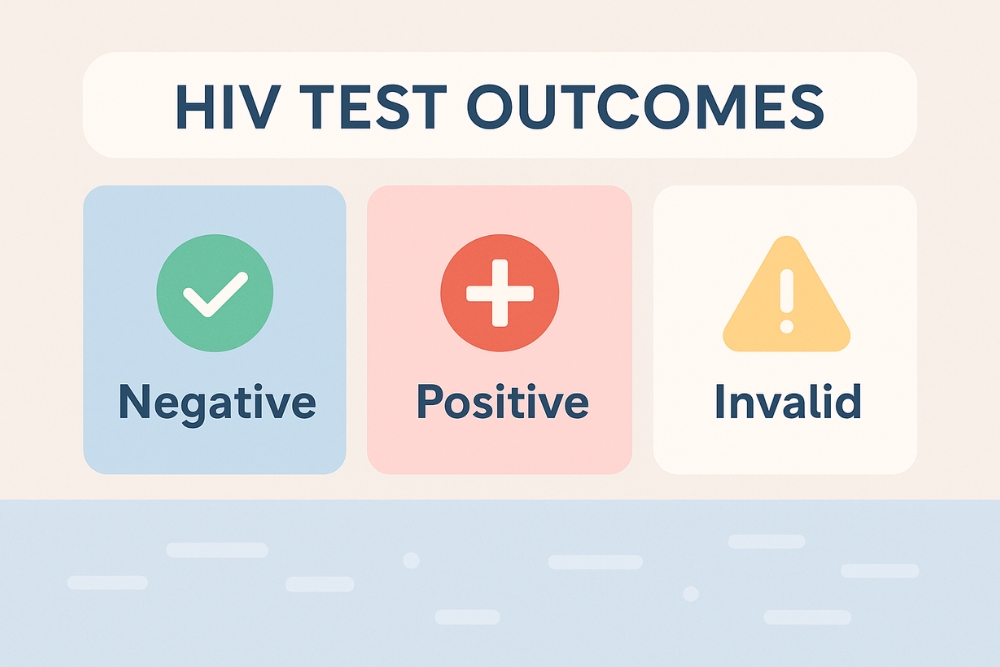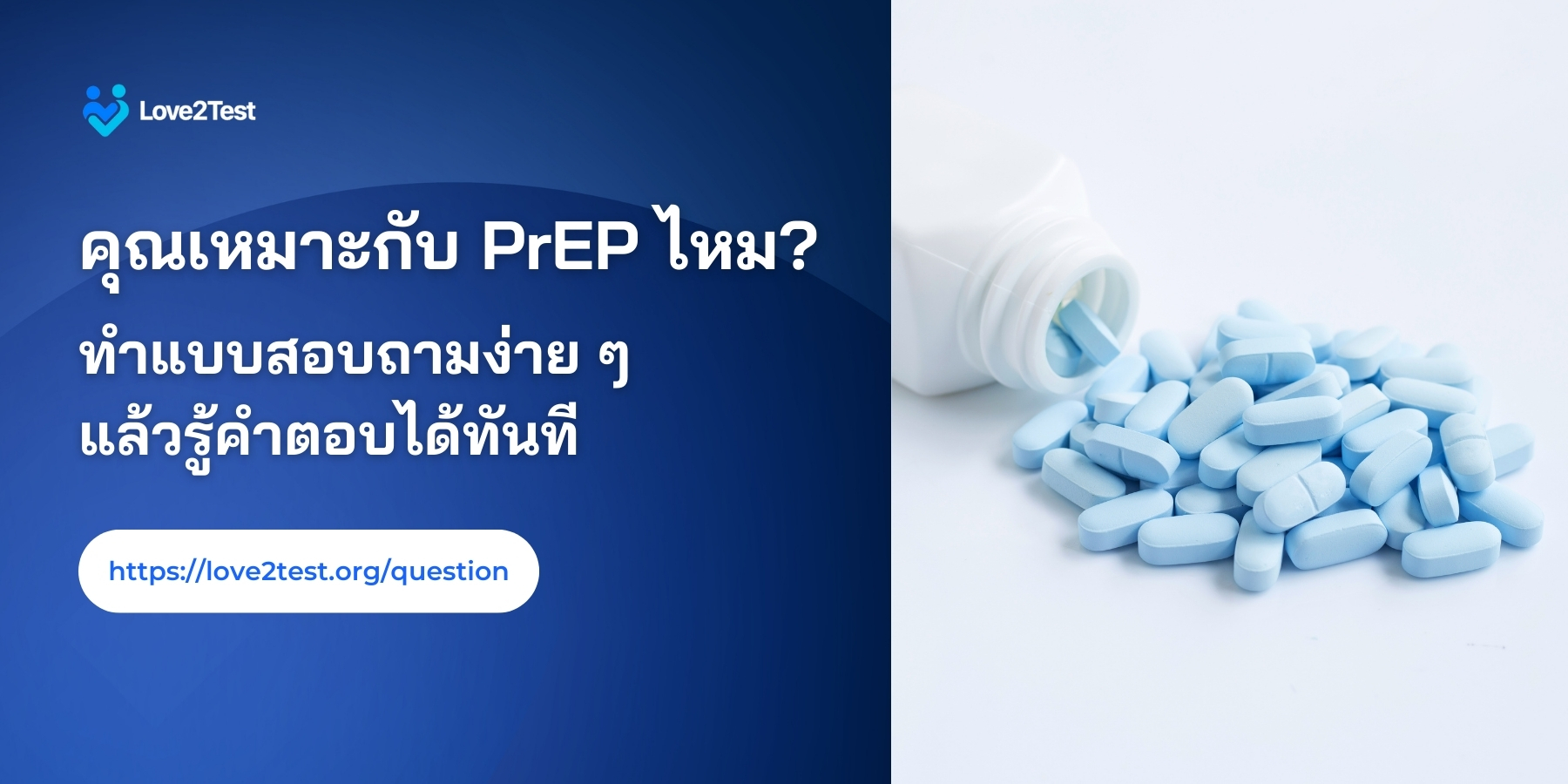HIV Test Outcome can be a deeply emotional experience — a moment filled with relief, fear, hope, or uncertainty. Whether your result is positive or negative, it marks an important turning point in understanding your health and taking charge of your future. Knowing your HIV status is not just about the test itself; it’s about gaining clarity, responsibility, and empowerment to make informed decisions about your life.
For those who test negative, it is an opportunity to continue practicing safe behaviors and maintain regular checkups. For those who test positive, it opens the door to early treatment, emotional support, and a healthy, fulfilling life through proper care. With today’s advanced medical treatments, people living with HIV can live long, vibrant lives just like anyone else. This article will guide you through understanding what your HIV test outcome means, how to cope with the emotional impact, and how to navigate daily life with knowledge, confidence, and self-compassion — no matter what your result may be.
Limitations for People Living with HIV
Living with HIV may impose certain limitations. It’s important for people living with HIV to be aware of activities they should avoid, such as:

- Donating blood, organs, or body parts
- Purchasing life insurance (always check conditions and policy details)
- Applying for work, residence, or travel visas in countries that restrict entry for people living with HIV
- Enlisting in the military

How Many Types of HIV Test Outcome Are There?
Many people assume that HIV test results can only be “Positive” or “Negative,” but in fact, there are three possible outcomes depending on the testing method. Understanding what each result means can help you take the right next steps.
Negative or Non-reactive
If your test result is Negative or Non-reactive, it means no HIV infection was detected in your body — commonly referred to as a “negative result.” However, a negative result does not guarantee with 100% certainty that you are HIV-free. This is because testing during the window period — the time after infection but before the virus can be detected — may lead to a false negative result. Doctors often recommend a follow-up test three to six months after the initial test to confirm the result and ensure accuracy.
Reactive or Positive (Infection Detected)
If your HIV test result is Reactive or Positive, it means HIV antibodies or antigens were detected — in other words, you are infected with HIV. While the test is highly accurate, there is still a very small chance of a false positive, meaning the test could indicate infection even when there isn’t one. If your result is confirmed by a doctor, you should begin treatment as soon as possible. Early initiation of antiretroviral therapy (ART) greatly improves treatment outcomes. If you were tested at a specialized clinic, your information will be referred to a nearby hospital for immediate follow-up and care.
Invalid (Test Could Not Be Interpreted)
An Invalid result usually occurs when the test procedure was not performed correctly — most often with HIV self-testing kits available at licensed pharmacies. Causes may include improper testing technique, expired kits, or damaged equipment. In this case, you should repeat the test using a new kit or visit a clinic for professional testing.

How to Cope with HIV Test Outcome
If your doctor confirms that you are living with HIV, the most important step is to begin treatment as soon as possible while remaining calm and informed. Remember that HIV treatment today allows people to live long, healthy, and normal lives. If you feel overwhelmed or anxious, it is best to speak directly with your healthcare provider. They can provide guidance and reassurance tailored to your situation. HIV treatment approaches vary depending on the stage of infection and your overall health — your doctor will determine the best plan to ensure effective results.

Benefits of HIV Testing
- Helps you know your HIV status
- Knowing your HIV status is an essential part of taking charge of your sexual health. Because HIV often shows no symptoms at first, testing is the only way to confirm your condition with certainty.
- Enables early access to treatment
- If you test positive, early treatment can stop the virus from damaging your immune system and reduce the risk of other health complications. Starting ART early can lower your viral load until it becomes undetectable, allowing you to stay healthy and live a normal lifespan.
- Prevents transmission to others
- When HIV is undetectable, it cannot be transmitted sexually — a concept known as U=U (Undetectable = Untransmittable). Thus, knowing your status helps protect both yourself and your community.
- Helps you plan your life responsibly
- Knowing your result allows you to make informed decisions about relationships, family planning, and long-term health. Those who test negative can maintain safe sexual practices and consider preventive options like PrEP, while those who test positive can begin treatment promptly and continue to live fulfilling, healthy lives.
Related Article
- Fear HIV Testing? Here’s How to Stay Healthy & Overcome It
- What is the window period for HIV testing?

How to Take Care of Yourself After a Positive HIV Test Outcome
- Take your medication on time, every time.
- Exercise regularly and appropriately.
- Eat a balanced and nutritious diet.
- Avoid alcohol, smoking, and all recreational drugs.
- Maintain good mental health — if you feel anxious or stressed, talk to your doctor or a counselor for support. Mental well-being plays a vital role in long-term treatment success.
- Avoid behaviors that may transmit HIV to others. Encourage your partner to get tested as well.
- Protect yourself from infections that can cause complications, as your immune system is more vulnerable.
- For appetite loss, eat smaller, more frequent meals and avoid spicy or strong-smelling foods.
- For nausea or dizziness, avoid salty, sour, or fried foods.
- If you experience weight loss, eat more protein and carbohydrates, and stay hydrated.
- For mouth ulcers, choose soft, easy-to-chew foods that provide sufficient energy.
Conclusion
Coping with and managing life after receiving your HIV test result is not only a medical process but also an emotional and psychological journey. Accurate information and guidance from healthcare professionals can help you understand treatment steps and maintain your health effectively. Open communication with your doctor reduces anxiety, builds trust, and makes treatment more successful.
“Having loved ones, family members, or partners attend medical consultations together can create mutual understanding, reduce stigma, and provide emotional support. Encouragement and empathy from those around you are invaluable in maintaining adherence to treatment and achieving a healthy, fulfilling life.”
Ultimately, whether your HIV test result is negative or positive, it represents the beginning of responsible self-care. Those who test negative should continue practicing safe sex and regular testing, while those who test positive should start treatment promptly and follow medical advice closely. HIV care today is not something to fear — it is about awareness, empowerment, and building a society of understanding and equality.
References:
- เข้าใจและรับมือเมื่อผลเลือดเอชไอวี (HIV) เป็นบวก
- Reactive หมายถึงอะไร เมื่อทำการตรวจหาเชื้อเอชไอวี
- ติดไวรัสเอชไอวี หลังมีเพศสัมพันธ์ กี่วันถึงตรวจหาเชื้อ

